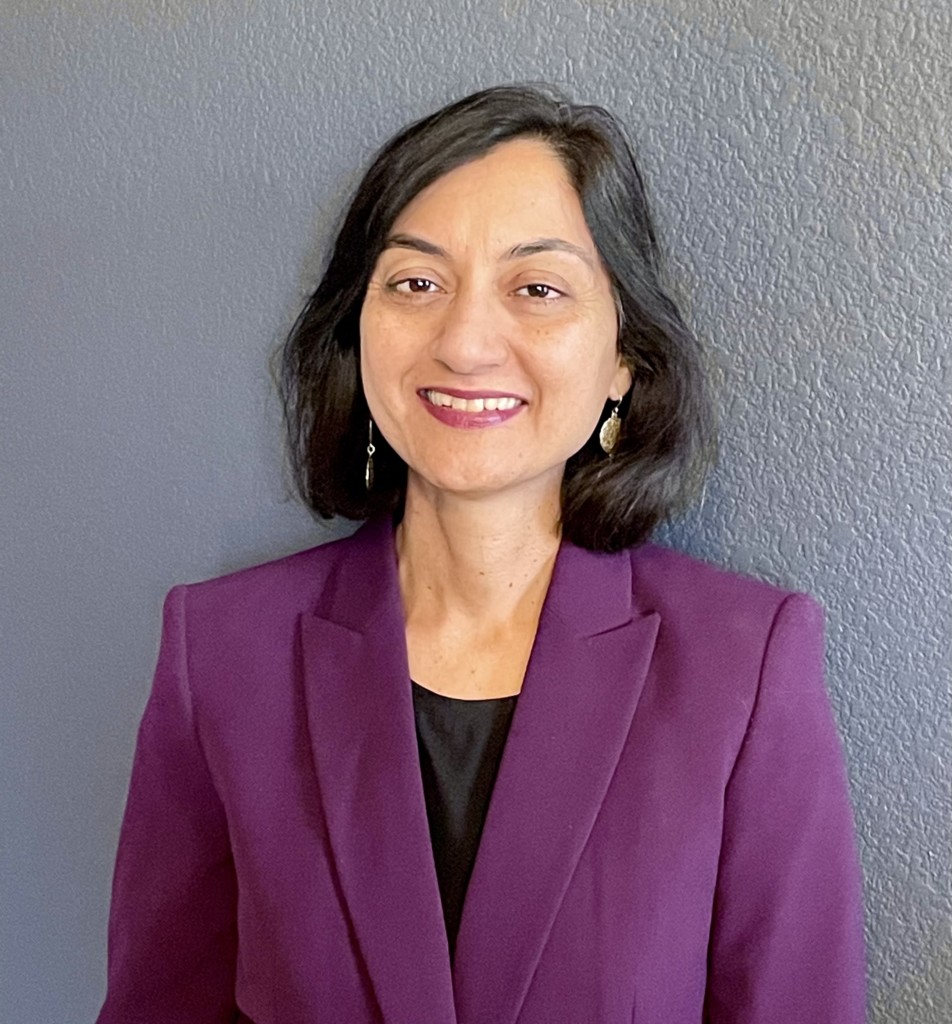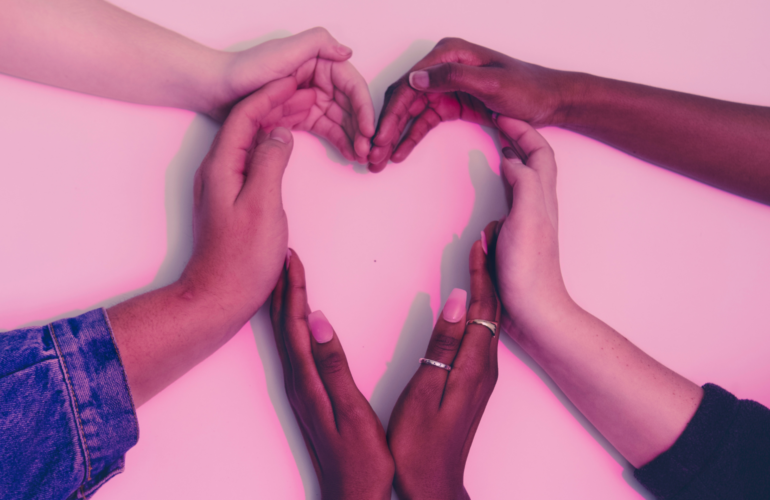As part of our “You Said It” Op-Ed series, we invite contributors to submit their opinion pieces. Have a submission? Contact us.
Since the pandemic started in 2020, I’ve been part of community love that involves more than 1,800 people and has nothing to do with Valentine’s Day.
It’s a love among neighbors in a local Buy Nothing Facebook community, many who have never met each other except through online interactions.
My latest experience of a loving gesture from this Buy Nothing group came recently when I posted a request for a formal dress I could wear at an upcoming wedding in Miami. I was reluctant to buy one that I couldn’t foresee wearing ever again.
Over the next few days the responses from neighbors came in, and soon I had several beautiful dresses to choose from in a variety of styles, colors and materials that I could either keep or borrow.
It was shopping without a price tag, with an added bonus of trying the dresses on my own time in the comfort of my home. My final selection was a full-length black and white gown for the formal reception; the generous gifter told me it was mine to keep.
When I sent her a picture of myself in the dress at the wedding, she told me I looked gorgeous and the dress was made for me. She also sent me a picture of herself wearing it many years ago, and she looked stunning. Later, I posted my picture and a “gratitude” post on our Buy Nothing group page. It received 140 likes and many complimentary comments from members.
Through that single transaction, my “neighbor” — who lives nearly five miles driving distance away in a different neighborhood in northwest Austin, Texas — and I brought to life the raison d’etre for the Buy Nothing Project: To build resilient communities where true wealth is the connections forged between neighbors.
The Buy Nothing Project (BNP) was founded in 2013 by Liesl Clark and Rebecca Rockefeller as an effort to stave off pervasive plastics in the ecosystem by encouraging each of us to buy less and share more. One of the project’s rules is to reflect on the “hidden needs behind [our] desire to buy more, helping [us] stop the knee-jerk reaction to buy and come up with alternative ways to source what [we] need.”
In their 2020 book, The Buy Nothing, Get Everything Plan: Discover the Joy of Spending Less, Sharing More and Living Generously, Clark and Rockefeller write, “When all gifts have equal value and are not monetized, the playing field is leveled and we’re on equal footing.”
In 2021, Rockefeller and Peter Gill Case, two heirs to the Rockefeller family’s oil fortune, pledged a total of $30 million of their personal wealth toward the Equation Campaign, a 10-year funding initiative that aims to help protesters block new oil and gas developments.
Members of local Buy Nothing groups may have to brace themselves for upcoming branding changes. In December 2020, a group called Gifting with Integrity (GWI) formed to support Buy Nothing administrators after the project’s founders allegedly did an about-face from their original mission and attempted to profit off the project. According to the GWI website, the founders have been driving people to their book and the BNP app, all while removing admin training and support services.
Last month, the BNP unexpectedly shut down the GWI group for trademark infringement — even though trademarks are supposedly used for commerce only. GWI says local groups may risk the same fate if they use “Buy Nothing” in their name but don’t follow the exact formula on the BNP website. The group says it’s working to reform and rebrand itself not as competition to BNP, but as a way to stay connected to what drew people to the Buy Nothing movement in the first place.
At a time when months of inflation have made shopping for basic necessities difficult for many, the Buy Nothing “gift economies” are a life-saver. They allow members to give, receive, share, lend and express gratitude freely to their real-life neighbors for free, with no strings attached.
Goods and services include furniture, groceries, moving boxes, clothes, babysitting, toiletries, tools, kitchen appliances, home decor, craft materials, toys, books, gardening supplies, knowledge and expertise, art, plus a myriad of other things neighbors want or need.
Julie Pilkington, one of our local Buy Nothing administrators, said in an interview that despite endless hours she spends making sure the group functions smoothly while raising three small children, she wouldn’t give it up. “I’ve gotten such a deep community from being an admin. It’s far more important than cash. Within a two-mile radius, I have 100 people I can call on for whatever I need. You can’t replace that.”
In the Buy Nothing world, the word “neighbor” is used loosely — some groups comprise more than 3,000 members and cover several neighborhoods. Yet in my community, I’ve seen over and over how people genuinely care about each other despite our size.
2023 marks the project’s 10-year anniversary, and according to the Buy Nothing website there are 128,000 communities with seven million members worldwide.
According to the National Retail Federation and Prosper Insights & Analytics’ annual survey, consumers are expected to spend $25.9 billion on Valentine’s Day this year, up from $23.9 billion in 2022 and one of the highest spending years on record.
Regardless of what the project may be called in the future, the spirit that grew the Buy Nothing Project into a global movement models how to share love in ways that offer connection and might even help make the world a better place for future generations; something to note as Valentine’s Day approaches.
This year and always, remember it is possible to express love and caring without spending a penny.
More from Better:
- Lucrezia Buccellati Wildenstein on Timeless Design, Balance and Ushering in the Next Generation of Buccellati
- How to Restore, Revive and Thrive in 2023: Guide to Health and Wellness for Your Best Year Yet
- From Skiing to Sundance: Where to Eat, Stay and Play in Park City, Utah

Tanya Jogee is a communications consultant, writer and Public Voices Fellow through The OpEd Project.

